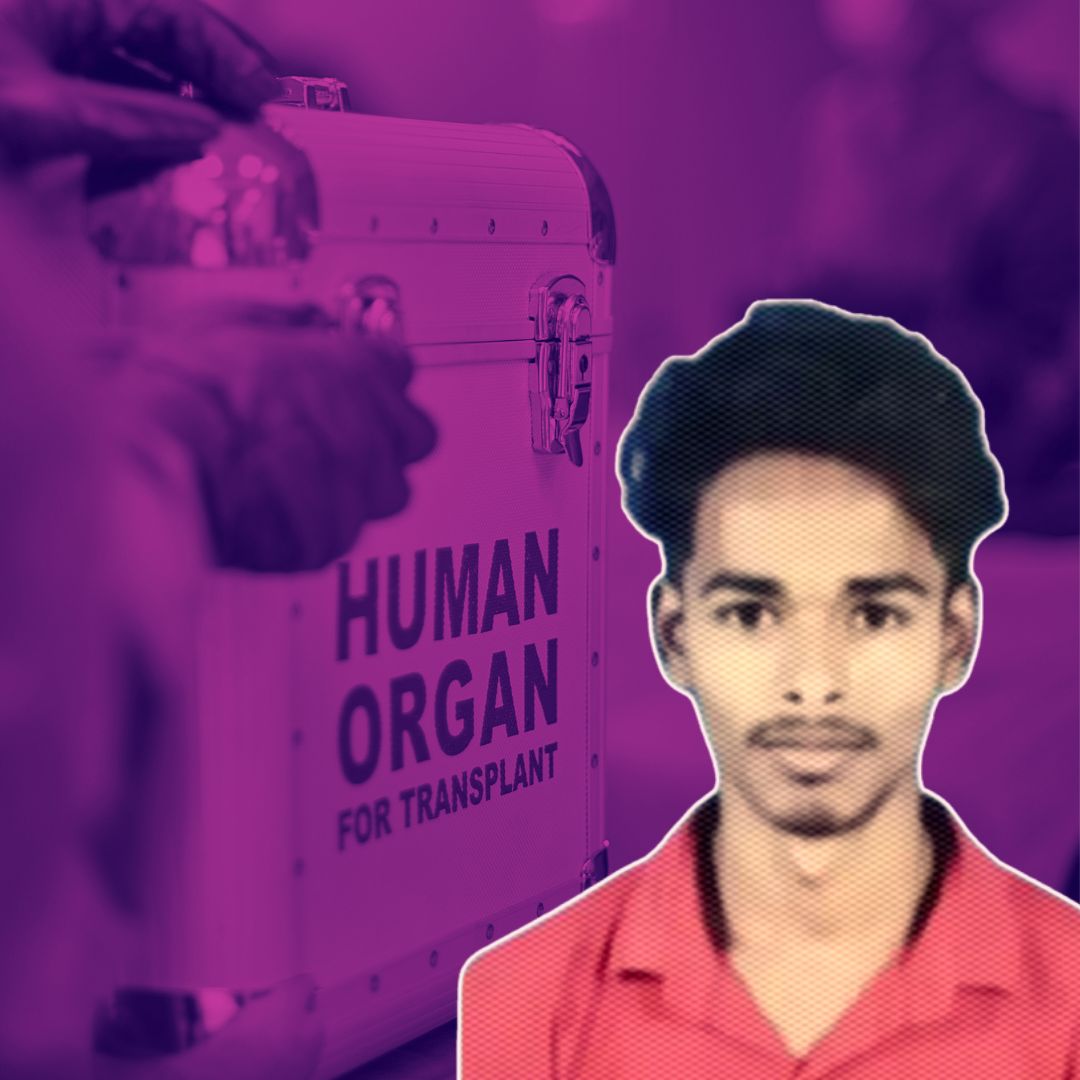In a remarkable act of compassion, the family of Ashish Choul Singh, a 22-year-old from Odisha’s Koraput district, donated his organs after he was declared brain dead following a road accident. This selfless act gave a new lease of life to five individuals in Visakhapatnam.
Ashish was admitted to a private hospital in Visakhapatnam on April 2 with symptoms of a brain stroke and was declared brain dead on April 7. The organs retrieved included two kidneys, liver, pancreas, and small bowel, allocated based on seniority under Andhra Pradesh’s Jeevan Dan protocol.
Dr. K Rambabu, state coordinator of Jeevan Dan, praised the family’s decision and the medical team’s efforts. Ashish’s family expressed pride in his enduring legacy, while officials commended the act as a testament to the power of organ donation.
The Courageous Decision
Ashish Choul Singh, a trained ITI fitter and apprentice at Hindustan Aeronautics Limited (HAL), was involved in a motorcycle accident on April 1 near Sunabeda B Zone square. He was initially treated at HAL Hospital and later shifted to Saheed Laxman Nayak Medical College in Koraput before being moved to a private hospital in Visakhapatnam, where he succumbed to his injuries late in the night on April 5.
In the midst of immense grief, Ashish’s family was approached by the hospital’s transplant coordination team. With remarkable resilience, they consented to organ donation, a decision that resonated deeply with the community.
“He may be gone, but he continues to live on through others,” said Ashish’s sister, Sasmita, reflecting the family’s pride in his enduring legacy. This act of generosity not only honored Ashish’s memory but also inspired others to consider the life-changing impact of organ donation.
Organ Donation Process and Allocation
The organs were allocated based on seniority, in adherence to the AP’s Jeevan Dan protocol, as stated by K Rambabu, state coordinator of Jeevan Dan. This protocol ensures that organ allocation is fair and based on medical urgency, providing hope to those awaiting transplants.
The successful retrieval and allocation of Ashish’s organs highlight the efficiency of the Jeevan Dan programme in facilitating deceased donor organ donations in Andhra Pradesh. The programme’s emphasis on transparency and fairness in organ allocation is crucial in maintaining trust among potential donors and their families.
Moreover, the coordination between hospitals and the Jeevan Dan team ensured that the process was carried out smoothly, allowing the recipients to receive the organs in time.
Background and Context
The accident occurred when Ashish’s motorcycle collided with a car, resulting in severe injuries. His family’s decision to donate organs was facilitated by the Jeevan Dan programme, which underscores the importance of organ donation and its impact on saving lives. It also emphasizes the need for increased awareness and support for such initiatives.
Ashish’s family has faced significant personal loss, with his father passing away due to COVID-19 in 2021 and his mother earlier this year. Despite these challenges, their courage in the face of adversity serves as a powerful example of resilience and generosity. The community has rallied around them, offering support and admiration for their selfless act.
The Logical Indian’s Perspective
Ashish Choul Singh’s story is a poignant reminder of the transformative power of compassion and generosity. In a moment of profound loss, his family chose to create a lasting legacy that transcends their personal grief. This act not only saved lives but also inspires others to consider organ donation.
As we reflect on this story, we are reminded of the importance of empathy and kindness in fostering a more harmonious society. Organ donation is a critical aspect of healthcare that can significantly improve the quality of life for many individuals.
What can we learn from Ashish’s family’s courage, and how can we collectively promote a culture of organ donation to give hope to those waiting for a second chance at life? How can we encourage more families to consider organ donation, ensuring that such acts of kindness become a beacon of hope for those in need?












